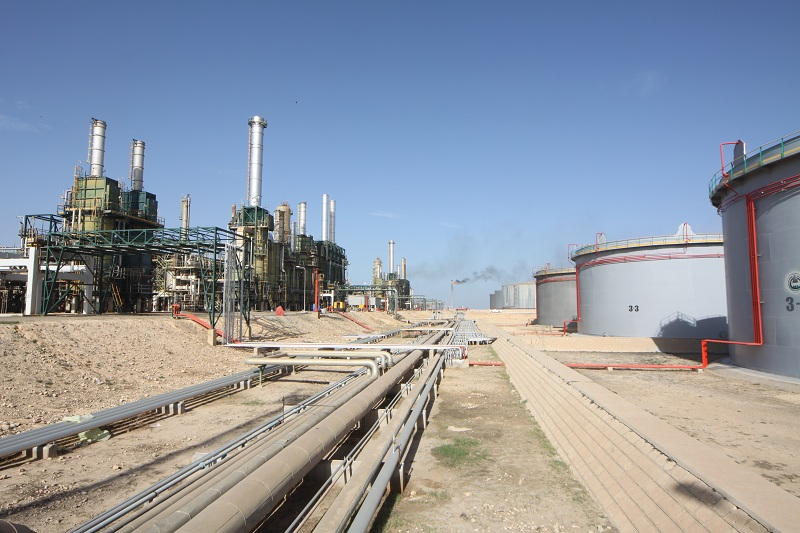The war in Ukraine fuels oil smuggling into Libya

Ukraine's attacks on Russian refineries are worsening Libya's oil smuggling crisis – here's how and why.
Ukrainian attacks on Russian refineries are worsening the oil smuggling crisis in Libya, a country already grappling with a prolonged civil conflict and a dependence on crude oil. According to a report by S&P Global, these attacks could intensify the illegal trade of Libyan oil, particularly directed towards European markets.
OIL TRADE BETWEEN LIBYA AND RUSSIA
Libya, which reported production of around 1.14 million barrels of oil per day as of February 2024, is heavily dependent on fuel imports from Russia, brokered by Turkish middlemen. However, the majority of this fuel appears to be smuggled across Libya's southern borders into Sudan, for the benefit of the Sudanese Rapid Support Forces, with indirect support from the Wagner Group.
The consequences of the Ukrainian offensives include a serious impact on Russian fuel production, leading Moscow to ban gasoline exports and potential increases in diesel prices. This scenario further complicates the Libyan oil crisis, highlighting the corruption and smuggling that plague the sector. The Central Bank of Libya highlights the discrepancy between fuel imports and its domestic availability, with the population experiencing shortages and long waits at petrol stations. The sale of fuel at subsidized rates, a legacy of the Gaddafi era, makes smuggling extremely profitable, further destabilizing the country.
THE WEIGHT OF LIBYA ON THE OIL MARKET
Increased oil production, as reported by OPEC, places Libya as a leader in African oil production, despite internal challenges. However, Libya's fuel smuggling industry, which generates billions in illicit profits and involves a vast network of local and international actors, threatens the country's stability and progress.
THE CONSEQUENCES ON NORTH AFRICA
The situation in Libya represents a microcosm of the geopolitical complexities that intersect regional conflicts, illicit economies and international dynamics.
The impact of Ukrainian attacks on Russian refineries extends far beyond the European border, affecting energy security and political stability in North Africa. Libya's dependence on Russian fuel imports highlights the country's vulnerability to international tensions and Western sanctions imposed on Russia. Fuel smuggling, which benefits militias and armed groups, perpetuates cycles of violence and instability in both Libya and neighboring Sudan, demonstrating how illegal economies can sustain regional conflicts.
Increasing Libyan oil production, despite significant domestic obstacles, highlights Libya's potential as a key energy player in Africa. However, without effective governance and a solution to smuggling and corruption in the energy sector, Libya remains vulnerable to external manipulation and internal conflict. In this context, the international community is called upon to support Libya in strengthening its institutions and ensuring transparent management of its energy resources, as a fundamental step towards stabilizing the country and the wider region.
This is a machine translation from Italian language of a post published on Start Magazine at the URL https://www.startmag.it/energia/guerra-ucraina-contrabbando-petrolio-libia/ on Mon, 08 Apr 2024 10:36:14 +0000.
